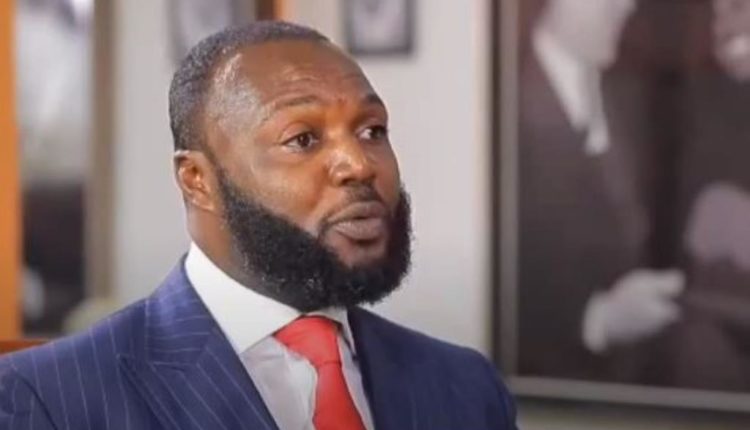An Accra High Court has rejected a proposal by defunct Capital Bank Founder William Ato Essien to refund a GH¢90 million he allegedly stole from the bank.
Mr Essien is on trial with two others — Rev. Fitzgerald Odonkor and Tetteh Nettey — for their roles in the collapse of the defunct Capital Bank.
They were charged with 23 counts of conspiracy and stealing from the GH¢620 million liquidity support given to Capital Bank by the Bank of Ghana (BoG) to enable it to service its maturing debts.
The accused persons, according to the prosecution, opened various bank accounts with Capital Bank through which the GH¢620 million BoG liquidity support was transferred while others were carried in jute bags to Ato Essien.
All three have maintained their innocence, and judgment was expected to be given today (Thursday, December 1, 2022).
But the legal team of the defunct founder had another card up their sleeve.
Through his lawyers, Mr Essien agreed with the prosecution to plead guilty and refund the GH¢90 million as restitution to the state.
The agreement was brought to the attention of trial judge Justice Eric Kyei Baffour on Wednesday, November 30.
The move by the accused was pursuant to Section 35 of the Courts Act, 1993 (Act 459), which allows an accused person to plead guilty and pay restitution to the state in cases in which there had been a financial loss to the state.
Justice Kyei Baffour, however, rejected the agreement.
The judge was of the view that the said agreement was not a good deal for the state.
He explained that the money was stolen back in 2015, a time when the cedi to dollar exchange rate was GH¢3.79 pesewas, and allowing the accused to pay GH¢90 million nine years down the line would make crime attractive.
“Compensation for loss not awarded. Monies were part of the liquidity support granted by the Bank of Ghana in 2015/2016. The value of one dollar was GH¢3 in 2015 and GH¢4 in 2017. As of yesterday, one dollar is GH¢13.
“If the first accused has agreed to terms of payment not to make of compensation but restitution, Capital Bank shouldn’t be made worse off. The first accused should refund monies in today’s value with interest.
“If the first accused has pleaded guilty, he must not be seen as benefitting from the case,” the judge stressed.
He, therefore, rejected the agreement, adding that if the accused wanted to refund the money, he should pay it at the current exchange rate of Gh¢13 cedis and also pay interest.
The case has been adjourned to December 13 for both parties to revise the agreement to match the cedi’s worth as of 2022.
Background
Capital Bank was one of the first banks that collapsed after a massive clean-up of financial institutions by the Bank of Ghana (BoG) starting in 2017.
On August 14, 2017, its licence and UT Bank were revoked by the BoG after the central bank had declared them insolvent.
The central bank allowed the state-owned bank, the GCB Bank, to acquire the two banks to protect depositors’ funds and enable them to stay afloat.
The hurricane that swept through the banking sector due to the collapse of the two banks heightened in August 2018 when the central bank collapsed five other indigenous banks and merged them into one entity — Consolidated Bank, Ghana.



